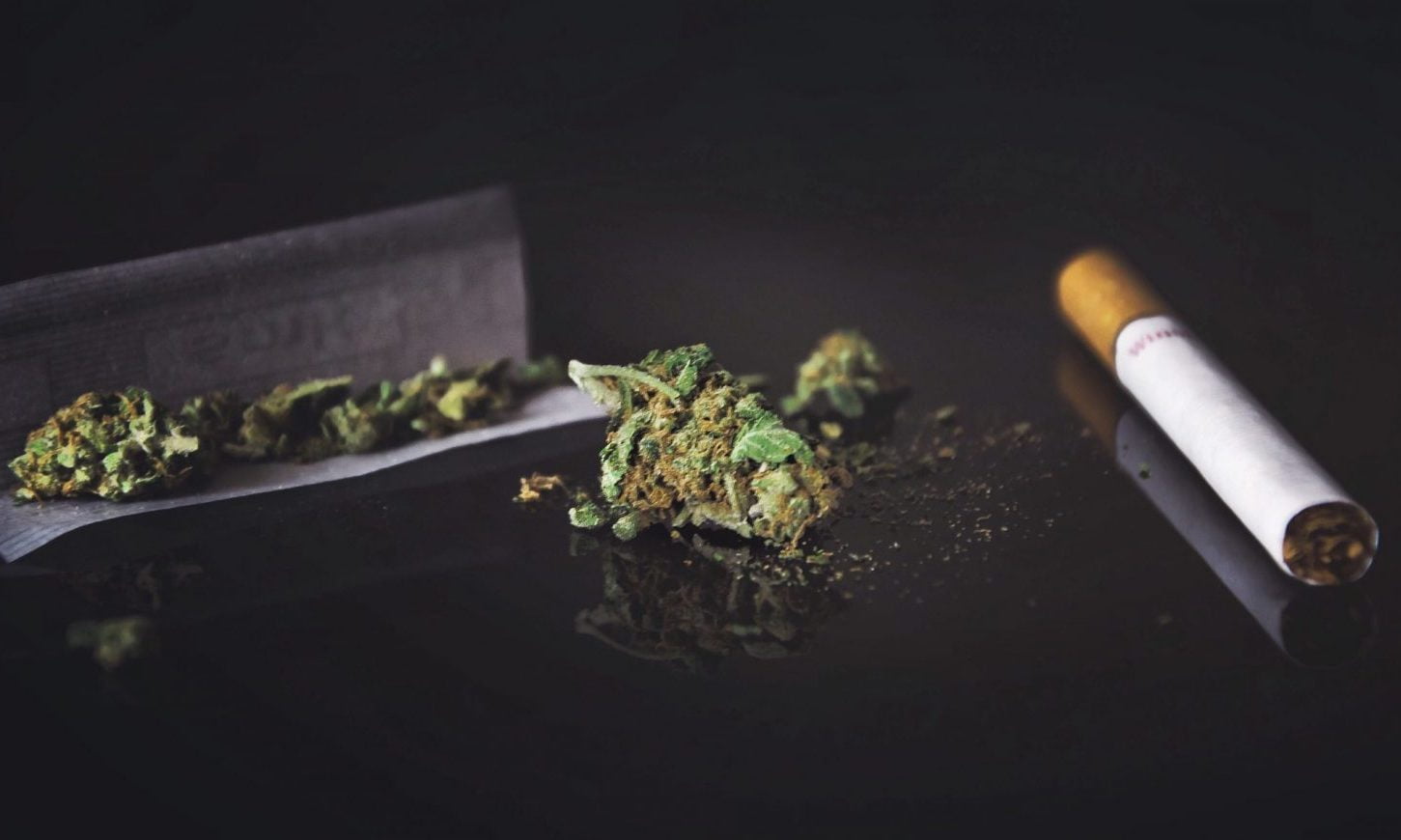There’s no doubt that Big Tobacco will have a seat at the table when it comes to the recreational cannabis market. But how much of the market share will Big Tobacco own?
The legalization of cannabis is probably more a matter of “when” than “if” at this point, and industries and consumers alike are more than ready for it. Among the many parties who would benefit from widespread legalization of recreational cannabis sale and use, not many more would stand to gain more than the major players within the Big Tobacco industry. There are numerous reasons why that’s the case. Here are just a few.
The Decreasing Acceptance of Smoking
It’s no secret that smoking isn’t as popular as it once was. In fact, some younger people may not even believe it if you told them that smoking used to be acceptable in places like elevators and airplanes. Research from the U.S. Centers for Disease Control and Prevention recently reported that smoking in the U.S. decreased from 20.9% to 14% from 2005 to 2019. There is also no shortage of reasons for the nationwide decrease in smokers. From health problems like emphysema and heart disease, to the fact that smoking has been banned in most public places like bars and restaurants, it’s not surprising that smoking isn’t as popular as it once was among Americans.
RELATED: Is Cannabis The Future For Big Tobacco?

Big Tobacco Can Afford to Enter the Market
Not only does the cannabis market provide tobacco companies with the golden opportunity to expand their market, but it does so without having to make any major adjustments. That caveat puts many players within the tobacco industry in pole position to begin production within the marijuana industry once they’re given approval from a legislative standpoint.
Among the requirements for getting started with marijuana cultivation and production are a warm climate and the tools necessary for proper harvesting. The case is the same for the mass production of tobacco, which is why so many major tobacco companies have their eyes set on cannabis as their next frontier.
They’re Familiar With the Work That Goes Into Production
Along with having the resources necessary for production and distribution, big tobacco companies are also used to navigating the processes that many cannabis retailers face upon their entrance onto the marketplace. Marijuana companies that enter the recreational space typically have to abide by strict regulations regarding aspects of their business like marketing, where they can set up brick and mortar business operations, and health risks that have to be communicated to customers.
RELATED: Is It Bad For Big Alcohol And Big Tobacco To Help Shape Marijuana Legalization?
Those are many of the same challenges tobacco companies have faced at one point or another during their infancy stages. Given the fact that they’re familiar with so many of the challenges that come with getting their products into the hands of customers, the tobacco industry is much better positioned to enter and dominate the recreational cannabis space than those migrating into the industry from other fields.
There’s no doubt that Big Tobacco will have a seat at the table when it comes to the recreational cannabis market. However, one question that still remains is how much of the market share will Big Tobacco own, in comparison to entrepreneurs representing communities where the War on Drugs has done irreparable damage.
Originally, many thought of recreational cannabis sales as an avenue for members of those communities to recoup damages incurred through mass incarceration for marijuana related offenses, but the looming threat of Big Tobacco within the industry will determine whether those plans come to fruition or not.


